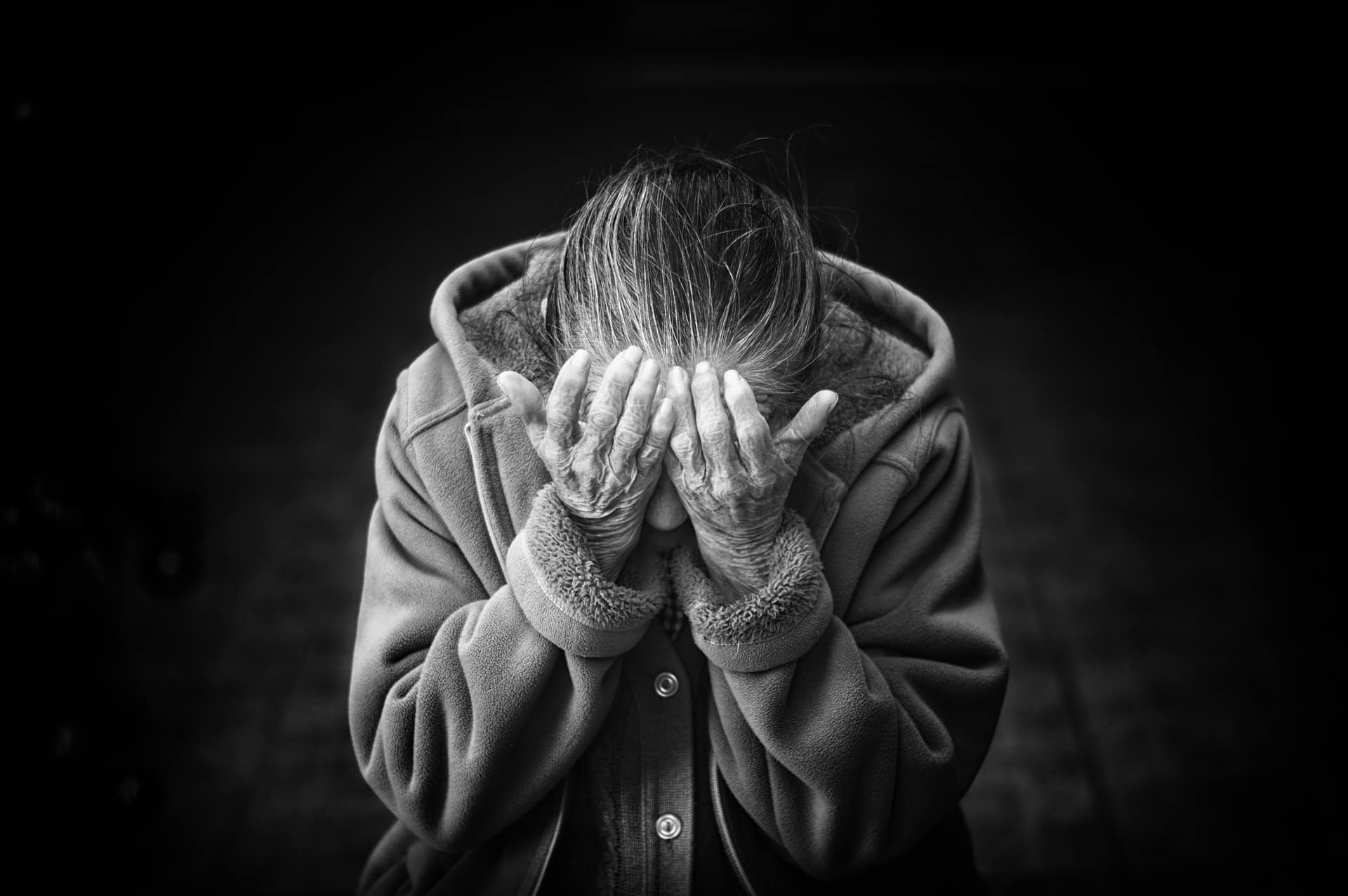Grief comes to everyone. Inevitably, you will have to help your senior loved one through the grieving process. Pegasus senior care professionals in Los Feliz and elsewhere offer these suggestions to help you through this difficult time.
Grief is an emotional reaction to loss. It’s a normal, natural, and healthy feeling. It’s also very personal and expressed differently among individuals.
Grief Results From More Than One Kind Of Loss
You may believe that grief results only when a loved one dies. However, there are many causes of grief, including, but not limited to:
- Receiving a diagnosis of a terminal disease
- Losing a job
- Breaking up a relationship
- Being evicted
- Suffering an accident, especially if it leads to disability
Some of these are obviously more serious than others, but all involve a loss.
Years ago, Elizabeth Kubler-Ross described the five stages of grief as “denial, anger, bargaining, depression, and acceptance.” Not everyone goes through every stage, nor do they necessarily go through them in order. The time spent in each stage varies.
Everyone Grieves Differently
Many researchers today don’t limit the feelings of grief to these five stages. Other emotions can include anger, anxiety, appreciation, fear, guilt, irritation, shame, uncertainty, and worry. What is most important is knowing that there is no “right way” to grieve.
Grieving is an individual process. It typically starts with sorrow and sadness. The medical profession now describes the overall stages of grief as:
- Accepting that the loss is real
- Experiencing the pain of the loss
- Adjusting to the fact that what was lost is truly gone
- Moving forward
Individuals may experience these stages in a different order and for varying lengths of time. There isn’t a limit as to what emotions are expressed during each stage. However, experts believe that it shouldn’t take more than a year before individuals start moving forward.
Some individuals continue to grieve much longer, especially when death is involved. That is known as complicated, or prolonged, grief. Although that can occur for anyone, it’s essential to be aware of it occurring in your senior loved one.
Symptoms that indicate an individual isn’t healing from a loss include:
- Non-acceptance
- Bitterness
- Unrelenting sorrow
- Belief that there is no purpose left in life
- Isolation
- Wishing they were dead
You may notice other prolonged or unusual emotions or symptoms. For example, the person who has never abused substances before may start doing so. Any indication of suicidal thoughts needs immediate attention.
Pegasus services include helping you find counselors and support for your grieving loved one. Our companion services can be there for your senior when you can’t.
Senior Grief Has Many Sources
Grief can be more intense in the elderly than it is for younger individuals. Your senior loved one has likely experienced numerous sources of grief during their lifetime. New events can remind them of old sorrows, some of which may still be unhealed.
One of the significant sources of grief in older adults can be the accumulation of changes. That can include their:
- Health
- Living situation
- Finances
- Social interactions
It’s easy for your senior loved one to slip into depression if they are unable to process their grief.
As individuals age, they may lose their social network. Friends from childhood have died. The biggest loss for many is the death of a spouse.
The loss is even greater when the spouse was also their best friend. They’re left with all the changes that come from being alone and lonely. It can also mean that their household income is decreased at a time when there are more expenses.
The death of others also forces your senior to confront their own mortality. Elderly individuals aren’t anticipating the future to the same degree as younger individuals. They are often thinking more about dying and reflecting on their life to date.
Listening To Your Senior Talk Helps Overcome Their Grief
One of the best ways to help your senior through the grieving process is to listen while they talk. Let them tell you about the deceased person, over and over, if they need to. Mention the person’s name in your responses.
Let them find their own way through the process. Avoid passing judgment or telling them how they should feel at any given point. However, as noted above, if more than a year has passed, you may need to obtain professional assistance.
Because grief is so personal, your senior may not ask for your help. Don’t wait to be asked: Offer whatever assistance seems appropriate. Prepare a meal, do their laundry, walk their dog, just do what most helps them cope.
Generally, the worst thing to say is “I know how you feel.” Regardless of how much grief you may have experienced, you don’t know how they feel. Telling them their deceased loved one “is in a better place,” is rarely comforting. Pegasus is a licensed Home Care Organization and a Joint Commission Accredited Home Health Care organization. Our senior care services in Los Feliz and our other locations are designed to help individuals meet their challenges. We strive always to help each person improve their quality of life.

